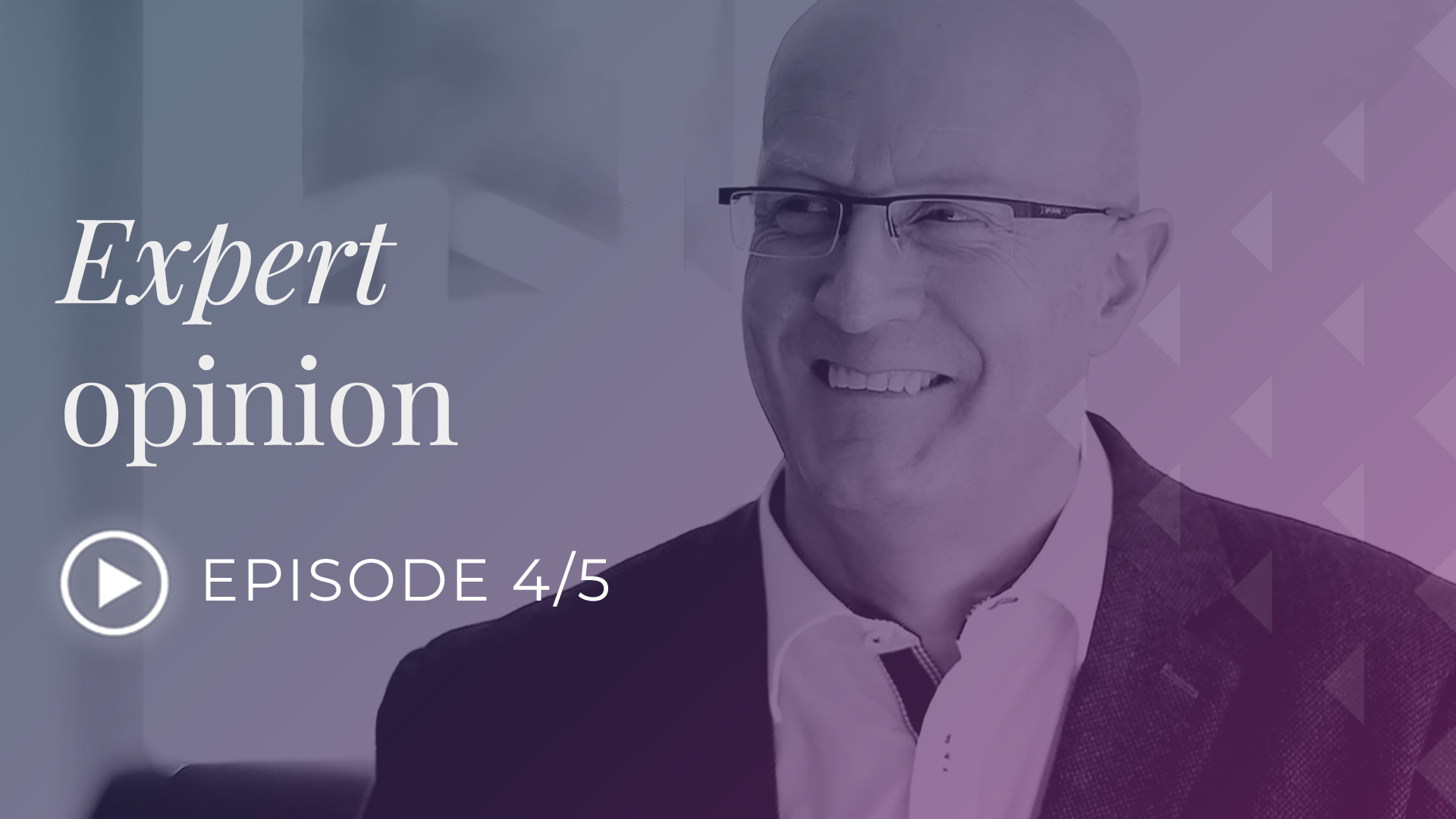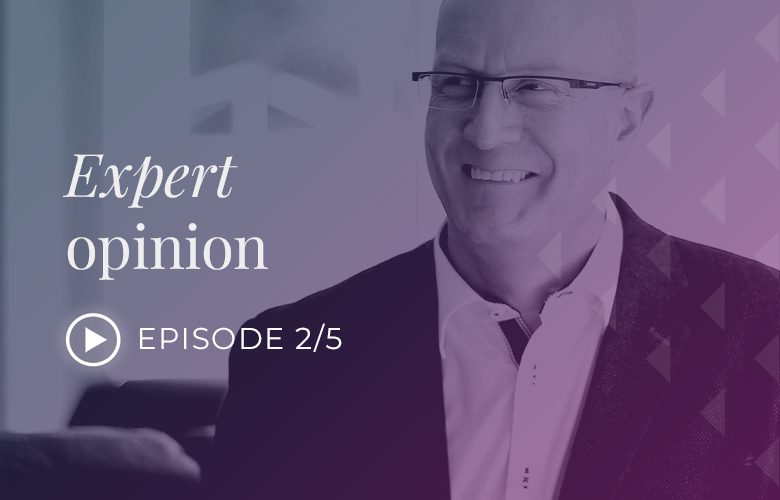News & Insights
Performing At A Higher Level
13th May 2022
The key to good coaching is building a relationship and being of service, but to enable good work it's important that you actually want to be coached and can be specific about what you want to become better at.
In this conversation with Jude Thorpe, executive coach Steve Nicol explains how building trust and engagement with the coach and coaching process are realised when judgement falls away. Watch the video to hear Steve speak of a real coaching situation that has had a positive ripple effect, building a desire to be coached in others who have witnessed the higher performance of their own business leader.
Video Transcript
Jude: I suppose pertinent to my business or our business and recruitment. If there are individuals who are joining organisations and senior leadership teams or senior management teams in a key role, how can you support them to understand the culture, understand their team and I suppose to integrate effectively?
Steve: I guess there are many ways to deal with that. It's very personalised and that's one of the things I've learned a lot since I started coaching. If someone turns up and says, coach me, or their boss calls me and says, can you coach the problem? And that's real words. Can you coach the problem employee? My answer always is, well, do they want coached though? Is that what they want?
Unless their Want To score is pretty high, then it's a very difficult gig.
For me, I just don't do that. But if I get an introduction to someone who says I'd like to understand how to integrate more into my new role or with some of the pro athletes I work with, it's a transition role from their first career, let's say in rugby into a second career in whatever, could be finance or maybe a different type of coaching, then it's helping that transition be a bit smoother because we all get caught in that internal dialogue that we compare ourselves to someone else or the culture we're trying to shift into is something that is alien to us.
We create our own stories that we then live into.
And part of coaching someone through that is to just get the story a bit more relaxed. Just let someone relax in the story. Everyone lives in their own story anyway. So what's the real thing that's holding you back? Or what's the self-doubt that's creeping in or what's the inner voice that’s saying in the background, you don't fit in here, you're the newbie, everyone's looking at you, because the reality is, in most situations, no one's looking at you, everyone is looking at themselves and that's where the pressure comes in.
What's the narrative that's holding you back here?
For that type of transitional coaching, you're talking about, it's really getting very specific with an individual. What's the narrative that's holding you back here? Or what would you like to be better at within the transition you're in just now? And being specific always helps because that I am all-powerful coach me. It's just impossible for me anyway to work with.
Jude: And I think you raised a really interesting point, which I discussed with one of the other coaches that we're working with, about the trust and the sponsorship in terms of if you have been engaged at corporate level or by the senior management team to coach an individual, how that works from a commercial transactional point of view, because the company is paying the bill, but you're obviously working with the individual.
I think there are two questions. There is how do you ensure that you fulfill the senior management team's requirements and how do you get buy-in from the individual who might have been suggested for coaching and not necessarily elected to do it personally.
Steve: Yeah, voluntold. That's a good saying for it. I think, well I can only say my experience has been through I guess referral and talking to a senior leader. I think in one case I started working with the CEO of a business and the CEO was quite resistant. A private equity firm had asked me to work with the CEO so the CEO was thinking I might be a spy. What's this guy? What's he doing? I think there was some similar story which helped, but as the shield started to come down and we got into the real work, as the trust level started to go up fairly quickly, then his performance level became easier for him.
Once his judgement started to fall away he started to blaze a trail.
That's a key thing. It became easier for him to perform at a higher level once we dealt with that inner negative voice, not always negative but that story that was holding him back that he was creating, that kind of worthiness thing we all go through. Am I worthy of this role or do other people looking at me think I'm worthy or not worthy? Once his judgement started to fall away he started to blaze a trail.
He really did. It was great to see. And then he said could you work with this other guy in my leadership team? So to move that story to the endpoint I'm still today working with a senior leadership team on an individual basis and on a team basis.
People are now kind of almost in a waiting list to get some coaching because other people watching are saying what's going on here?
How did you manage to do that sound bite or perform so well on a team level or how did you get a brainstorming session actually be something that was like brainstorming. Once the belief goes in there that there's some good that comes from coach and be personal or team then that's how it works easily.
The return on investment on that becomes clear very quickly because a whole engaged individual turns up. Someone much more relaxed and fun to be around. And that's my experience of how that works. I've been lucky enough that most people I've talked to have referred me to someone else and I'm not sure cold calling would ever work for coaching. I just don't see how it works.
It's very much the same as you guys doing recruitment. It's very much building a relationship and being of service. That's the key to it.




